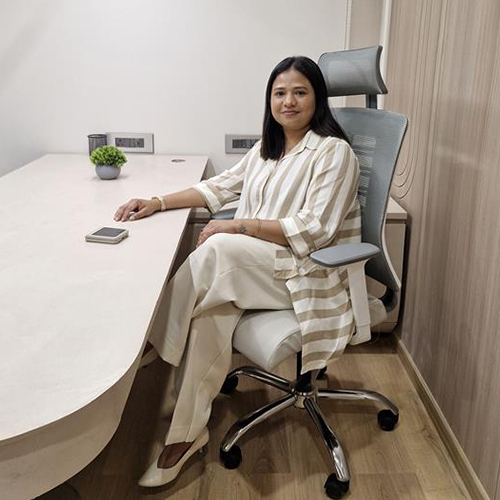Children with ADHD and autism experience the world in unique ways. Some seek out intense sensory experiences, while others are highly sensitive to sights, sounds, and textures. Understanding these differences can help parents provide the right support for their child’s sensory needs.
To Understand More, Let's Explore Sensory Processing - It refers to how the brain receives, interprets, and reacts to sensory information. Children with sensory processing differences often fall into two categories:
Sensory seekers need more sensory input to feel balanced.
Sensory sensitive children feel overwhelmed by too much sensory input.
Sensory Seeking vs. Sensory Sensitivity
Sensory Seeking: The Need for More Stimulation
Some children actively seek sensory input. They may:
- Move, jump, or spin constantly.
- Touch everything around them.
- Enjoy loud noises and bright lights.
- Crave strong flavors or textures in food.
- Love deep pressure, such as tight hugs or squeezing.
These children need extra sensory input to stay focused and feel calm. Without it, they may seem restless or distracted.
Sensory Sensitivity: Overwhelmed by Stimulation
Other children are highly sensitive to sensory input. They may:
- Cover their ears when hearing loud sounds.
- Avoid certain clothes due to fabric texture.
- Feel uncomfortable with bright or flickering lights.
- Refuse foods because of their texture or smell.
- Avoid crowded or noisy places.
For these children, too much sensory input can be stressful and lead to meltdowns or withdrawal.
Support Your Child
Helping a Sensory-Seeking Child -
- Provide Physical Outlets – Activities like jumping on a trampoline, running, or swinging help release energy.
- Use Sensory Toys – Fidget toys, stress balls, or chewable necklaces can help with focus.
- Encourage Deep Pressure Activities – Tight hugs, weighted blankets, or rolling up in a blanket like a “burrito” can be calming.
- Offer Sensory Play – Let your child explore with sand, slime, water, or textured toys.
- Create Safe Rough Play Options – Tug-of-war, pushing against a wall, or carrying weighted objects can help meet their sensory needs.
Helping a Sensory-Sensitive Child
- Create a Calm Space – A quiet area with dim lighting and cozy pillows provides a retreat from overwhelming stimuli.
- Reduce Harsh Sensory Inputs – Noise-cancelling headphones, soft clothing, and avoiding strong smells can help.
- Introduce New Sensations Gradually – Let your child slowly explore different textures, sounds, or foods at their own pace.
- Use Predictable Routines – Structure and routine reduce anxiety related to unexpected sensory experiences.
- Respect Their Limits – Avoid forcing experiences that make your child uncomfortable; instead, offer alternatives.
Some children show both sensory-seeking and sensory-sensitive behaviors in different situations. Observing their reactions and adjusting their environment can help them feel safe, happy, and comfortable in daily life.
Counseling and therapy can be valuable in helping children manage sensory processing challenges. Professionals can work with children to better understand their sensory needs and develop strategies to navigate different environments. Parents can also receive guidance on how to create a supportive home setting, ensuring their child feels secure and comfortable in daily life.
Through counseling and therapy, children can learn to express their feelings about sensory experiences, build coping skills, and develop confidence in handling different situations. Parents also benefit by gaining a deeper understanding of their child’s needs and learning ways to offer the right support. Creating a consistent and supportive environment at home further strengthens the positive impact of therapy.

